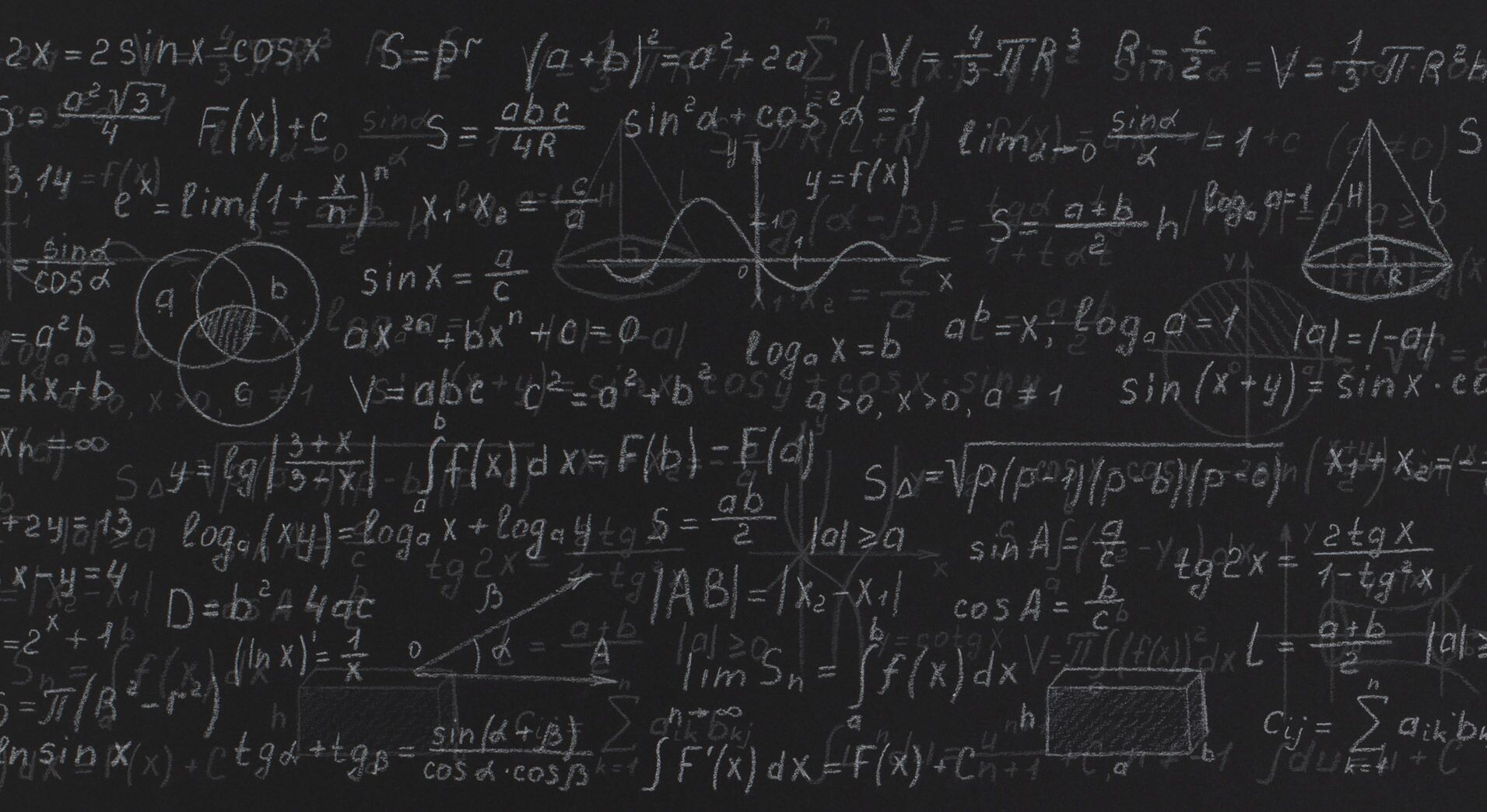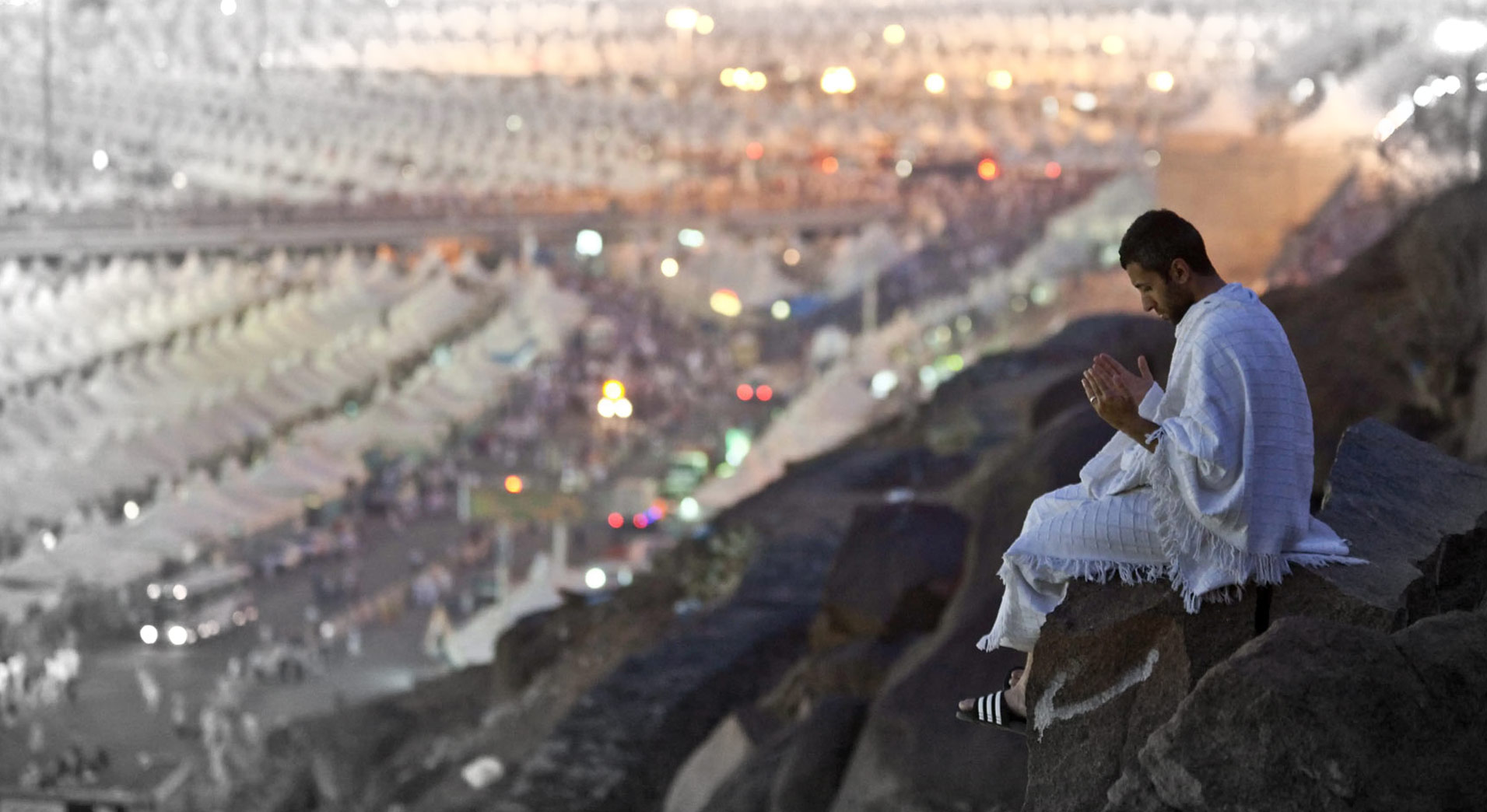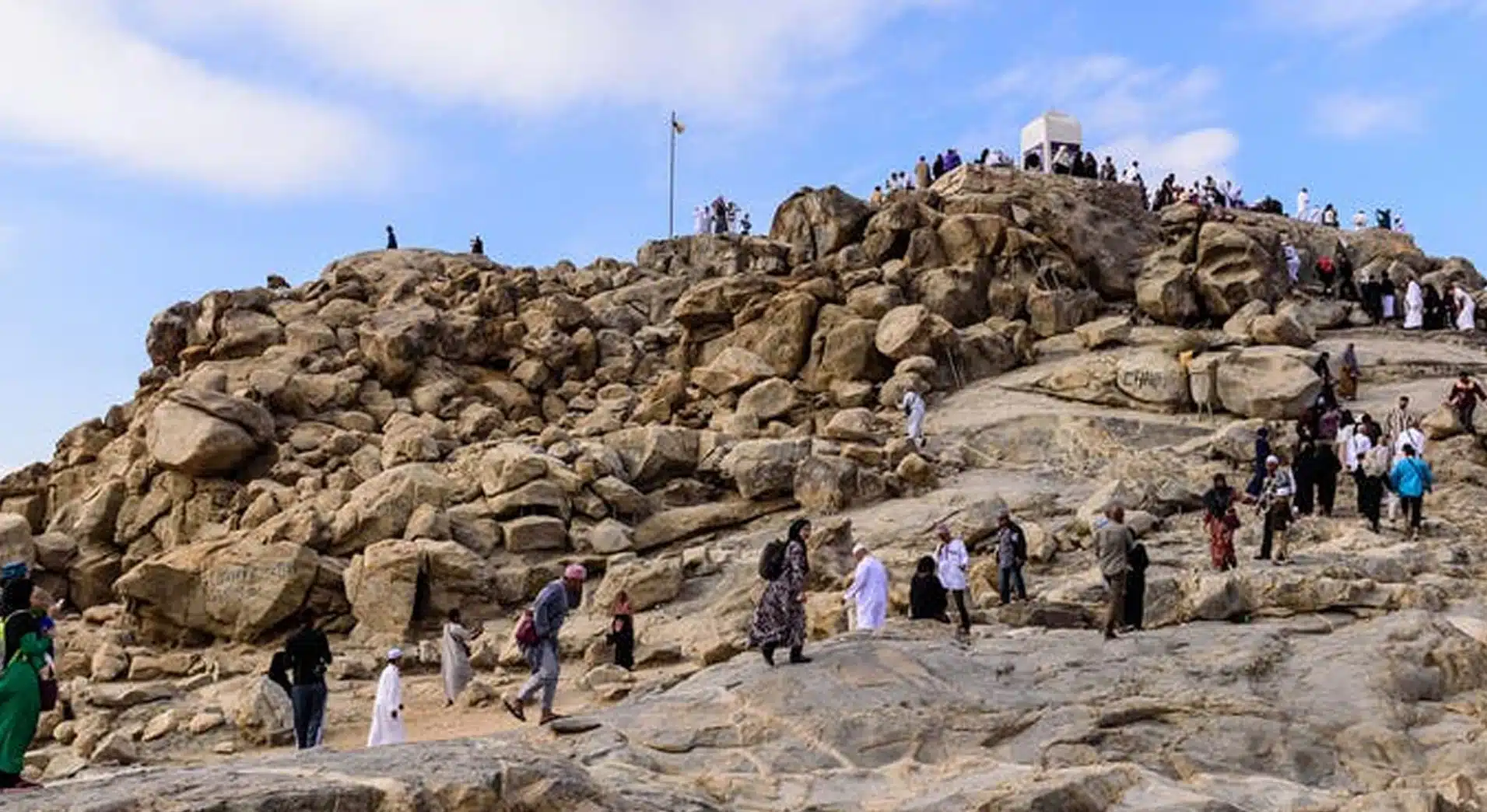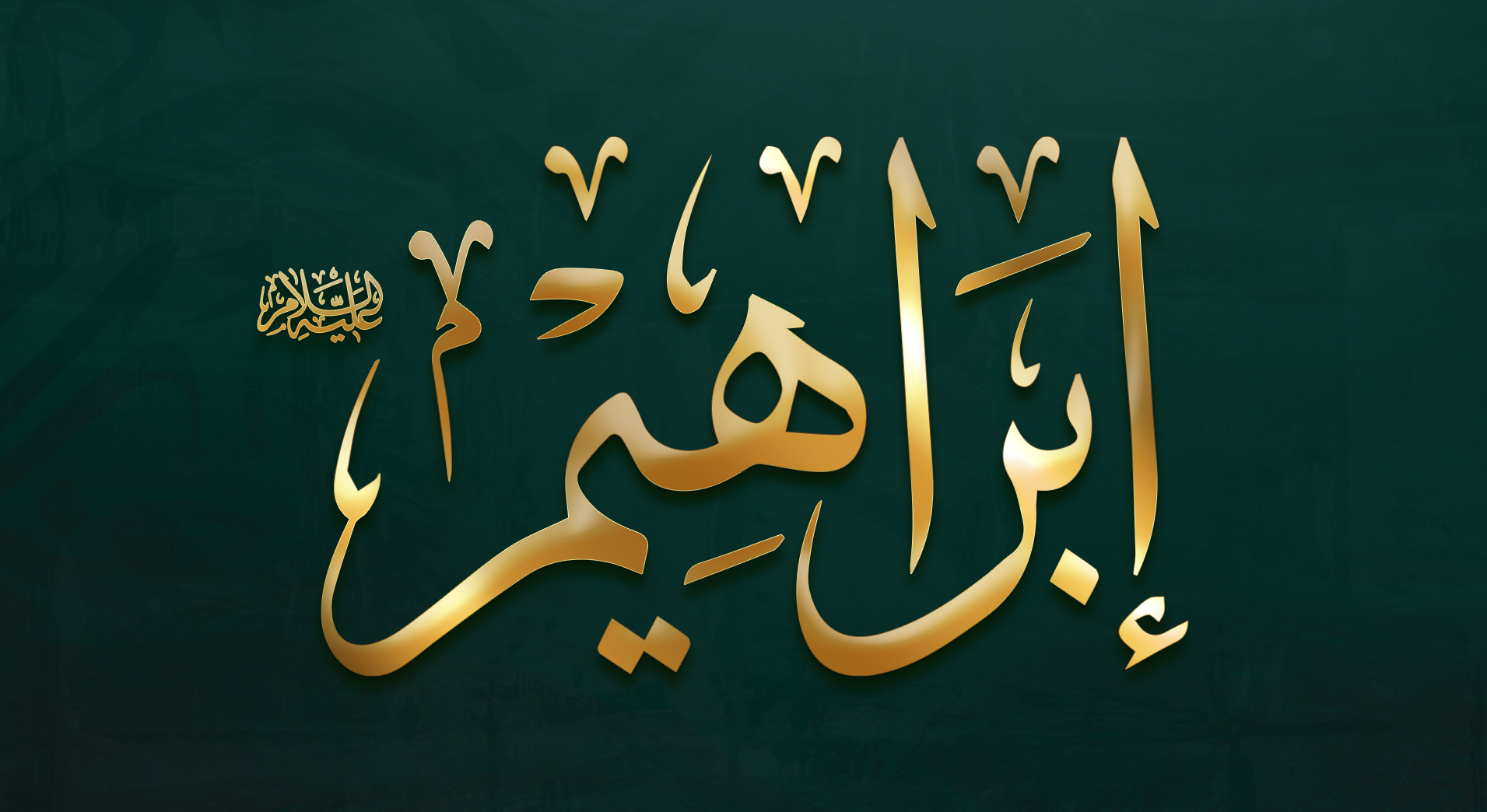In the pages of history, we see the names of several personalities who brought new concepts into the world of education and Science. Such personalities also have the names of Muslims scholars who with their expertise and commendable knowledge made an exemplary contribution in different scientific and educational fields.
In this blog, we will get into the details of such Islamic scholars and the efforts they made for the expansion of education and knowledge.
HISTORICAL BACKGROUND
The Islamic world witnessed a remarkable era of intellectual flourishing known as the Golden Age of Islam. This period was roughly from the 8th to the 13th century and observed undeniable progress in numerous areas of education. Muslim scholars from different parts of the world gathered at places like Cairo, Baghdad, and Cordoba to conduct different academic research and share their knowledge with others. These places were considered the hub of knowledge at that time.
CONTRIBUTION OF DIFFERENT MUSLIM SCHOLARS
- AL-RAZI – THE TRAILBLAZER IN MEDICINE: Al-Razi, also known as Rhazes in the Western world, stands out as a shining star among the other well-known personalities of that time. He made groundbreaking contributions to the field of medicine. He introduced the concept of clinical observation and emphasized the importance of experimentation.
- IBN SINA (AVICENNA) – THE POLYMATH: Ibn Sina, or Avicenna, was a true polymath and a master of many jacks. He excelled in multiple fields, particularly in medicine and philosophy. His work, “The Canon of Medicine,” remained the standard textbook in both Europe and the Islamic world for centuries.
- AL-KINDI – THE PHILOSOPHER OF THE ARABS: Al-Kindi, a philosopher, mathematician, and scientist, laid the foundation for the Arabic translations of Greek and other ancient texts. His role in introducing Greek philosophical and scientific ideas to the Islamic world is unforgettable.
- JABIR IBN HAYAN- FATHER OF CHEMISTRY: a well-known chemist of that time contributed to the domain of chemistry. He introduced new distillation methods and studied the properties of different substances.
PRESERVATION AND TRANSLATION OF KNOWLEDGE
Islamic scholars made a remarkable effort to translate and preserve information from all around the world during this time. An important hub for this project came to be known as the House of Wisdom in Baghdad. To preserve the knowledge of ancient times, scholars translated and studied ancient Greek, Indian, and Persian writings with careful attention.
This large translation project had a big impact on modern science and education development, as well as the European Renaissance. For example, the works of Aristotle, translated by Islamic scholars, formed the foundation for numerous Western philosophical and scientific developments.
ISLAMIC ADVANCES IN MATHEMATICS AND ASTRONOMY
Al-Khwarizmi – The Architect of Algebra: Al-Khwarizmi’s name is still remembered by people around the globe due to his efforts in the field of algebra. He because of his unparalleled algebra knowledge is recognized as the “FATHER OF ALGEBRA.” His book, “AL-KITAB AL-MUKHTASAR FI HISAB AL-JABR WAL-MUQABALA,” laid the foundation for the algebra we know today. The term “algebra” is also derived from the title of his book.
Trigonometry, Geometry, and Astronomy: Islamic scholars made significant strides in fields like trigonometry, geometry, and astronomy. They not only refined existing knowledge but also made original contributions that affected the route that these sciences followed. These accomplishments set the stage for the advancement of other scientific fields during the years that followed, such as engineering and physics.
Moreover, Muslim scholars showcased their intelligence in other fields like agriculture medicine, music, and architecture.
ISLAMIC EDUCATIONAL INSTITUTIONS
The Islamic world was home to a multitude of educational institutions, with madrasas taking the lead. These establishments offered structured curricula encompassing subjects such as theology, grammar, rhetoric, and the sciences. Madrasas aimed to disseminate knowledge to a broader audience and played a pivotal role in preserving and passing on the intellectual heritage of the era.
IMPACT ON MODERN SCIENCE AND EDUCATION
Islamic thinkers have had a profound impact on contemporary science and education. Their contributions to the evolution of experimentation, rational thought, and the scientific method laid the groundwork for the European scientific revolution and resulting technological developments that have shaped our world.
The foundation for contemporary universities was also laid by the educational system that Islamic thinkers built. They have maintained a focus on demanding academic work, critical thinking, and the distribution of knowledge over the decades.
CHALLENGES AND CONTROVERSIES
It’s worth noting that the history of Islamic contributions to science and education is not without its share of controversies and debates. Some argue that these contributions have been underrepresented or overlooked in Western historical narratives. The ever-evolving nature of historical accounts and ongoing debates regarding the extent and impact of Islamic contributions remain subjects of scholarly discussion.
CONCLUSION
In conclusion, Muslim scholars introduced the world to the different subjects of science and education. They with their sharp mindset and great knowledge laid the foundation of several subjects which are still helping the people of different industries. They taught the way of teaching which is still adopted by several famous universities and schools around the world. Their books are a precious treasure of knowledge that is still studied by modern scholars, mathematicians, and scientists.
 0203-002-6366
0203-002-6366
 1-212-381-1055
1-212-381-1055 61-3-8820-5043
61-3-8820-5043  021-111-279-111
021-111-279-111




